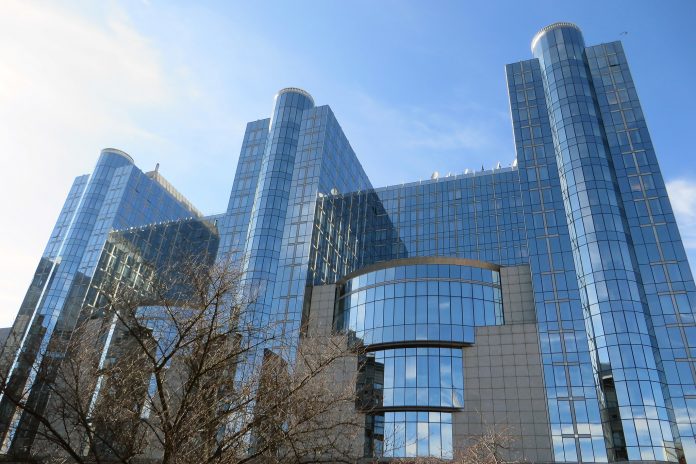MEPs are extremely concerned by the threats to human rights and democracy worldwide, calling on the EU to intensify its work to support greater freedoms around the globe.
In their annual assessment of the human rights and democracy situation worldwide, adopted on Friday, Members of the Foreign Affairs Committee outline their deep concerns over the obstacles to human rights and freedoms worldwide. These have resulted in weaker democratic governance and institutions, as well as continuous attacks on human rights defenders and a shrinking space for civil society in many places. The MEPs call on the EU to cooperate more intensively with the United States and other like-minded democratic partners to support global freedom and democracy efforts, whilst jointly pushing back against authoritarian and totalitarian regimes. The text was approved by 48 votes in favour, 7 against with 11 abstentions.
Attacks on media and civil society
Among a range of proposed measures and actions, MEPs urgently call on the EU to put in place an EU-wide scheme for issuing short-term visas to relocate human rights defenders temporarily, as they often face threats and precarious living conditions. They also condemn the rise in legal harassment and restrictive legislation put in place in many countries to silence journalists and independent media outlets, as well as government actions targeting civil society organisations.
Strike back against environmental crimes
The text outlines that climate change is one of the greatest threats to human rights of “our generation and to those to come”. It highlights that indigenous peoples are often the first victims of deforestation, which endangers their rights to land and access to vital resources. In addition, indigenous human rights and land defenders continue to face discrimination and persecution worldwide, including forced displacements, arbitrary arrests and killings, the report notes. MEPs call on the EU to take bold initiatives to fight environmental crimes perpetrated with impunity at global level. They also want the EU to promote the recognition of ecocide as an international crime under the Rome Statute of the International Criminal Court.
Women’s rights
The report also underlines the crucial importance of advancing women’s rights globally. MEPs condemn all attempts to roll back existing entitlements and protection in the area of sexual and reproductive health and rights, as well as legislation, policies and practices that continue to deny or restrict these rights in many countries. The text underlines that access to these rights, as well as to education and information, family planning, modern contraceptive methods, safe and legal abortion and maternal, prenatal and postnatal healthcare, must be guaranteed for all people. It also expresses grave concern over the continued use of sexual and gender-based violence as a weapon of war.
The EU’s sanctions regime must cover corruption
Members finally commend EU member states in the Council for adopting the first targeted sanctions under the EU Global Human Rights Sanctions Regime, which was set up by the EU in December last year. However, in order to ensure the economic and financial enablers of human rights abusers are effectively targeted, acts of corruption must also be included under the scope of the regime, they urge.
“The effects of the Covid-19 pandemic have led to a major regression in human rights around the world and have also fuelled a pandemic of intolerance. Today, for the first time in the last 20 years, there are more autocratic regimes than liberal democracies. The weakening of democratic institutions and the rule of law around the world requires a commitment from the EU, both internally and externally, to defend our core values”, said rapporteur María Soraya Rodríguez Ramos (Renew Europe, Spain) after the vote. “To this end, the EU has to be more creative in the use of all tools in the different areas of our foreign policy such as trade or development, while moving towards the use of qualified majority voting for human rights decisions. The defence of multilateralism, the intensification of political dialogue, the recognition and promotion at the international level of third generation rights, such as the right to a healthy environment, the improvement of mechanisms for the protection of human rights defenders and the monitoring of human rights clauses in our international agreements are, for example, areas where there is significant room for improvement. The promotion of our core values should constitute our main interest worldwide”, she added.

